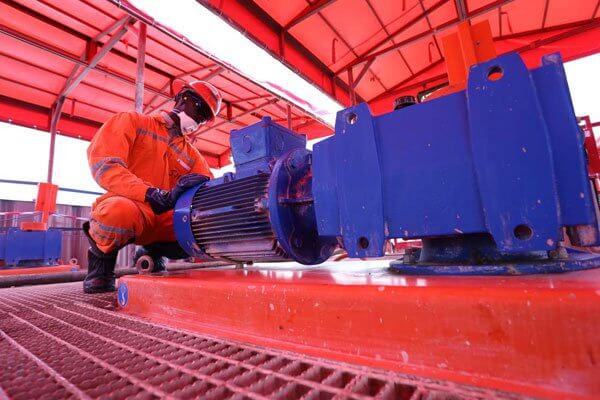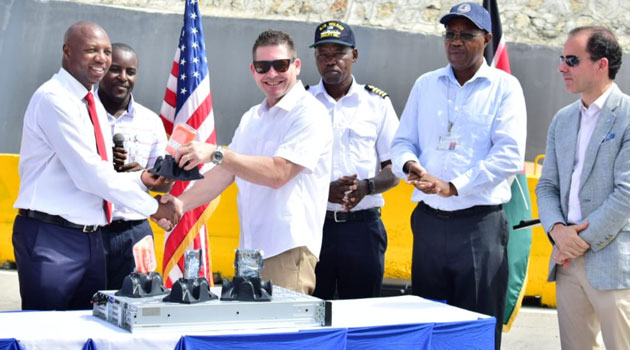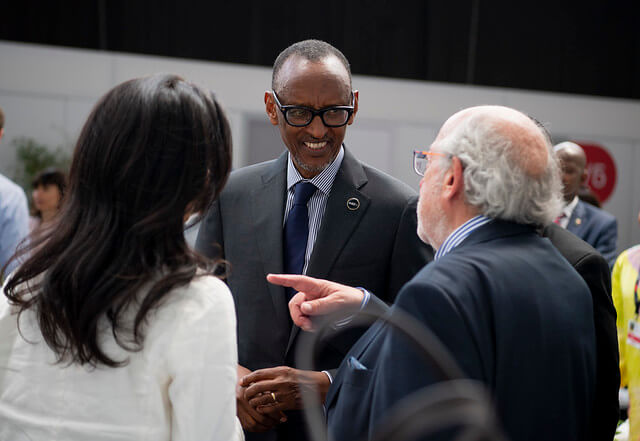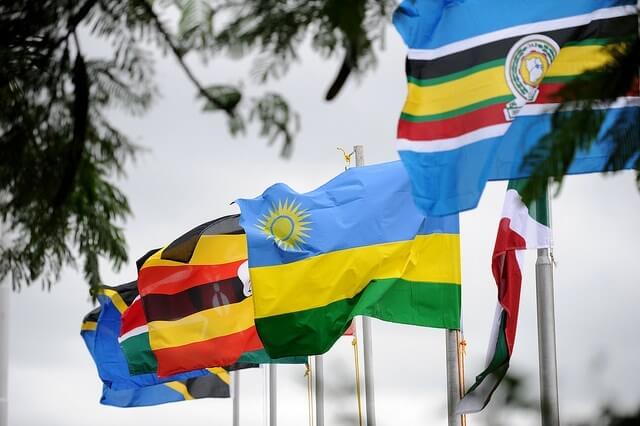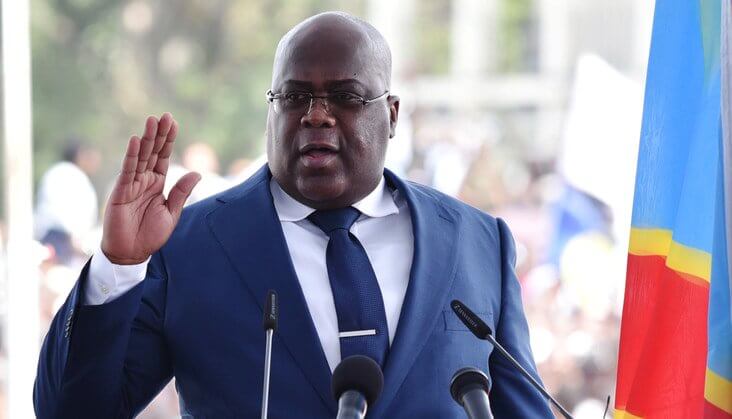Trade experts from the Common Market for Eastern and Southern Africa (COMESA) are meeting in Nairobi this week to discuss ways to address industrial disparities in the region. The experts said the implementation of the COMESA Industrial Policy, which was adopted by COMESA Council of Ministers in 2015, is expected to provide the pathway towards addressing the growth gaps that exist on the supply-side such as low-value addition, low employment rates and weak cross-border trade volumes. Betty Maina, Principal Secretary in charge of industry at Kenya's Ministry of Industry, Trade and Cooperatives who opened the meeting late on Tuesday said a robust GDP growth of near 6.5 percent in the region has not led to economic transformation. Maina said this disparity has resulted from preoccupation with low value-added products and trading in primary products and natural resources. "Despite regional integration being of special importance in Africa, COMESA member states still trade more than 90 percent with other parts of the world due to lack of industrial diversification and products' complementarity among themselves," said Maina. Maina said the affected products are mainly those with few forward and backward linkages to the rest of the economy. The three-day meeting will thus discuss the draft action plan of the implementation on the COMESA Industrial Policy and review the COMESA regional guidelines on the local content policy. "The low level of intra-COMESA trade, which has not broken the 10 percent threshold of total exports over the years, is a reflection of a low level...
COMESA trade experts meet in Kenya on industrial disparities
Posted on: June 21, 2019
Posted on: June 21, 2019


